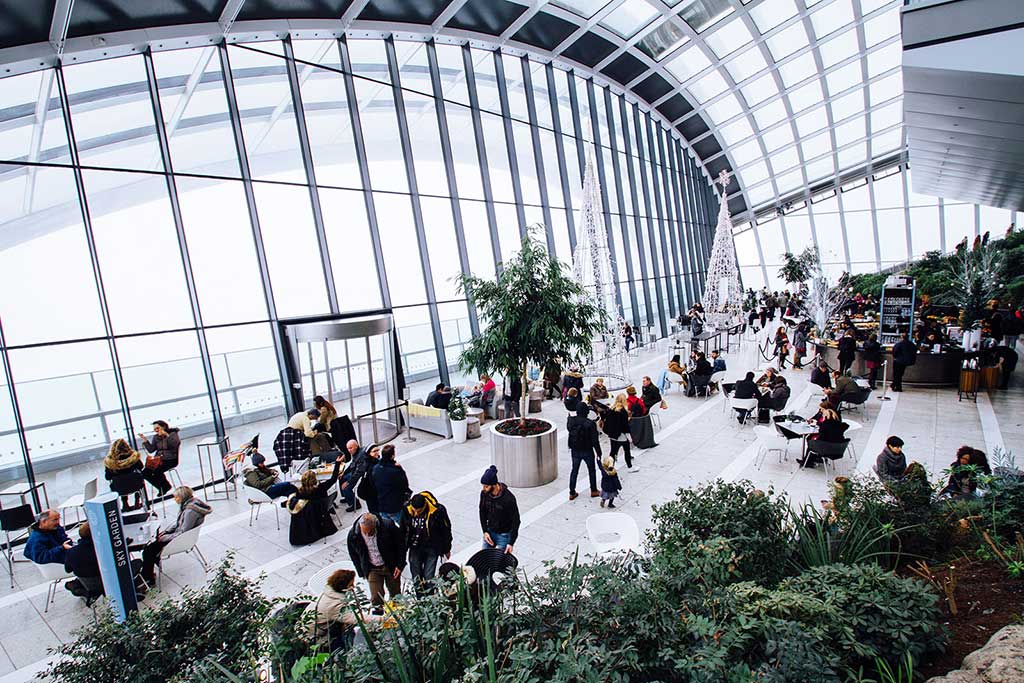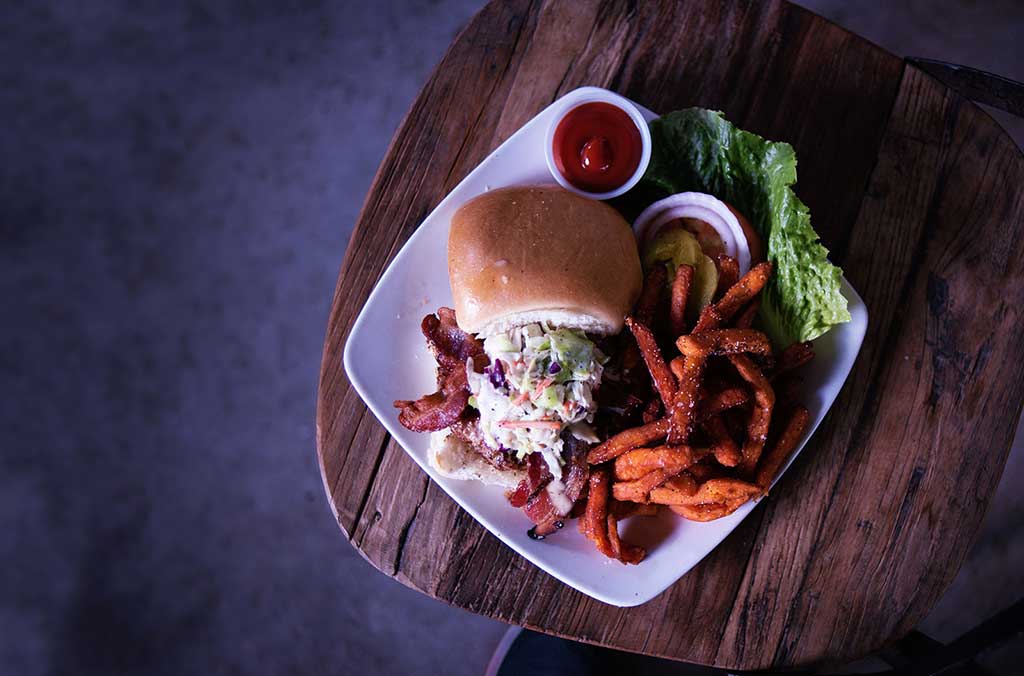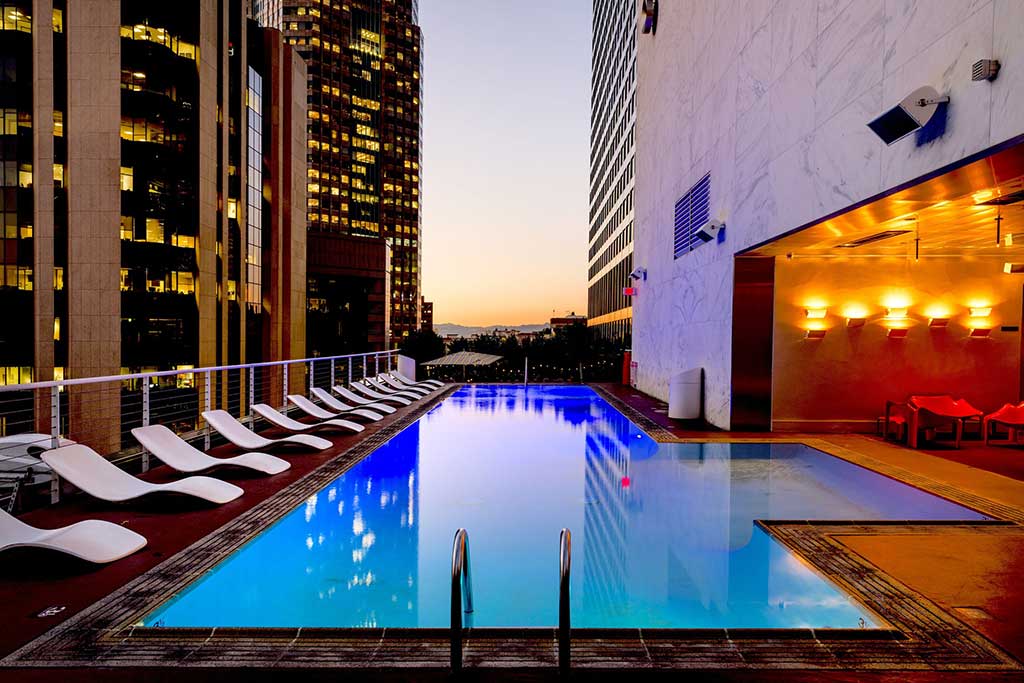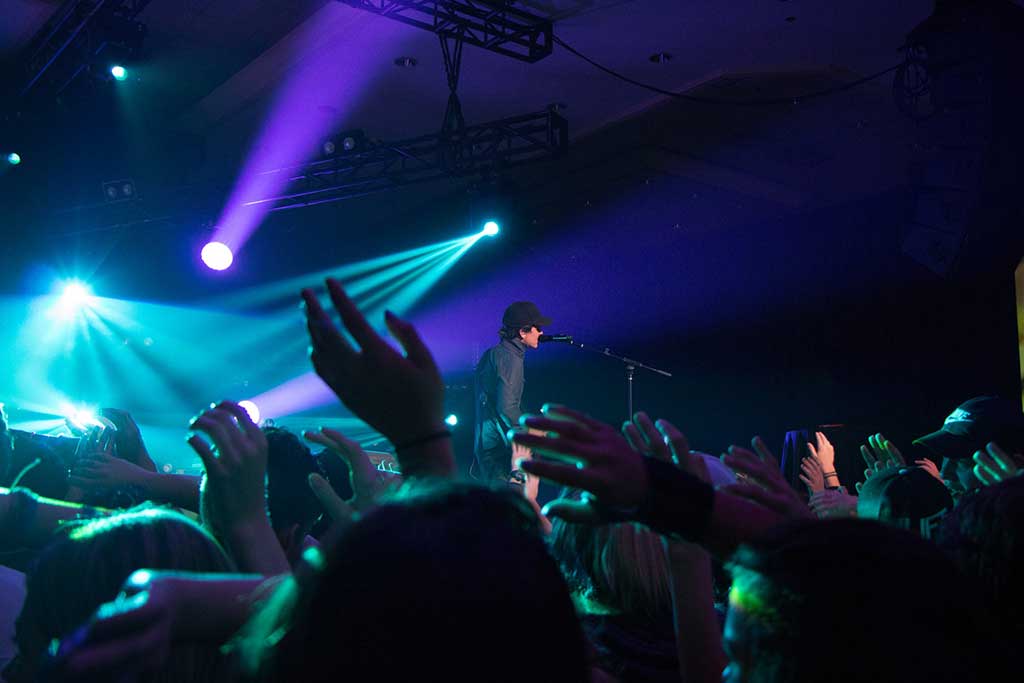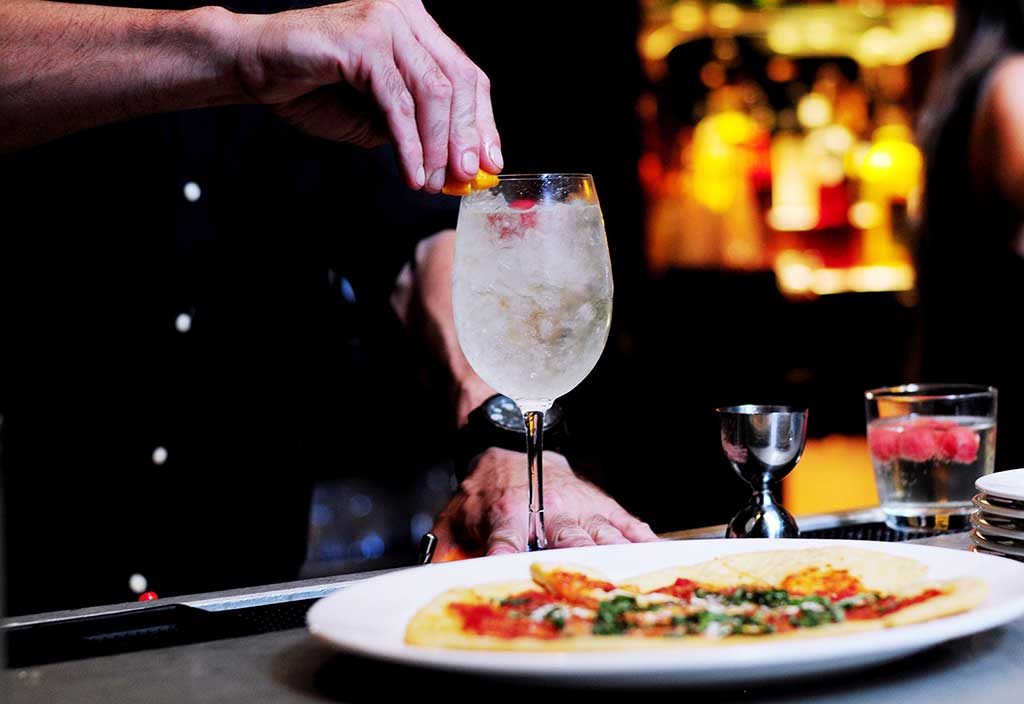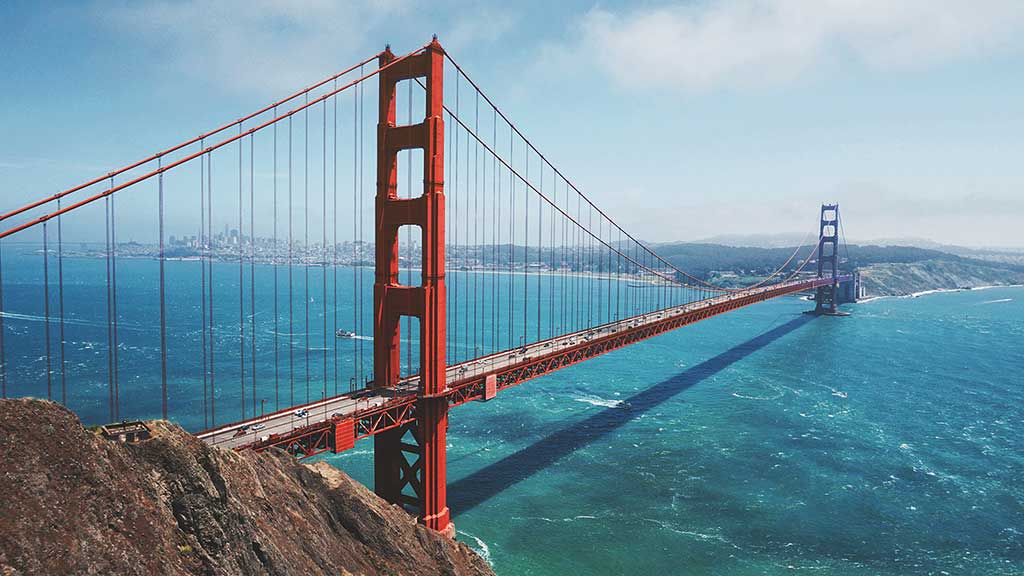Travel Facts & Figures
Oman
Location: Middle East
Oman is the second largest country in the Arabian Peninsula with the United Arab Emirates dividing a small section in the northernmost tip. The country’s entire East Coast is fringed by the Indian Ocean and its land neighbours include Yemen to the south, and Saudi Arabia and United Arab Emirates on its western border.
Government type: monarchy, Sultanate since 1744.
National flag:
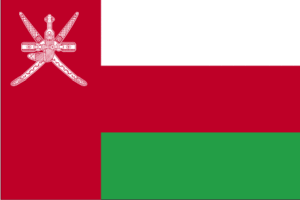
National emblem:
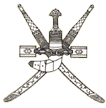
Geographic coordinates: 21° 00′ N 57° 00′ E
Area: 309,500 sq km
Highest point: Jabal Shams 2,980 m
Population: 5,2 M (2021)
Capital: Muscat, geographic coordinates 23° 37′ N, 58° 35′ E
Population: 1,6 M (2021)
Local Time: GMT + 4 hours
Life expectancy: 74 years
GDP – per capita: $16,439.3 (2021. World Bank)
Visas: International visitors to Oman require valid passports (Except GCC citizens who hold valid government-issued National ID cards) and most will require a visa for the duration of their stay. Some nationalities and resident of GCC and EU countries may avail the ‘Visa on Arrival’ facility wherever applicable.
read more: Visas to Oman
Safety: Oman is one of the most stable, safe and peaceful countries in the Arabian Gulf – as rated by the 2007 Global Peace Index. Oman is also the 22nd most peaceful country in the world.
Currency: The rial (RO) is the Omani currency and is divided into 1000 baisas. Exchange Rate Indicators
Date: February, 2024.
£1.00 = OMR 0.48
$1.00 = OMR 0.38
€1.00 = OMR 0.41
1 INR = 0.0046 OMR – Indian rupee
1 PKR = 0.0013 OMR – Pakistani rupee
Banks and exchange bureaux are found throughout Muscat.
Language: Arabic is the official language, but English is widely spoken.
Customs: No customs duty is levied on personal effects brought into Oman. It is forbidden to import drugs and pornographic material. Videos, books and magazines are occasionally checked.
VAT: VAT has been implemented in Oman with effect from 16 April 2021. The standard rate of VAT in Oman is 5% and consistent with the GCC Unified Agreement, and there are provisions for zero rating and exemptions in the Oman VAT Law. By global standards, 5% is one of the lowest VAT rates implemented in the world. (google)
Climate: The best time to visit Oman is between October and April with temperatures averaging between 25°C and 35°C during the day and between 17°C and 19°C at night. Summer is between April and September when the weather is hot and humid. Mild weather is experienced in the mountains and in Salalah – the Dhofar region all year round, which also enjoys a regular monsoon between June and October every year. Oman encompasses a diverse range of topography, including monsoonal coastlines, mountain ranges, arid deserts and fertile plains. Air-conditioning is the norm in vehicles and most buildings including hotels, conference centres, exhibition halls and shopping malls.
Drinking: It’s hot in Oman, drink plenty of fluids to avoid dehydration.
Clothing: Lightweight summer clothing in cottons or blends is ideal for most of the year. Sweaters, a light jacket or a shawl may be needed for the cooler evenings. The dress code in Oman is comparatively relaxed, but extremely revealing and inappropriate clothing may be considered offensive.
Religion: Islam is the official religion; other religions are also respected. Ramadan: Ramadan is the holy month of fasting when Muslims abstain from eating, drinking and smoking during daylight hours. As a sign of respect, visitors are also required to refrain from these activities in public between sunrise and sunset. The Oman Government announced in 2007, that tourists staying at selected hotels can now purchase and consume alcohol after sunset from 7pm 2am in allocated restaurants. The following hotels have been granted permission to serve alcohol during Ramadan; Radisson SAS, Grand Hyatt, Shangri-la Barr AI Jissa, The Chedi, Intercontinental Hotel, Crowne Plaza and AI Bustan Palace.
Public Holidays in Oman, 2024
1 Jan New Year
11 Jan Accession Day of Sultan Haitham bin Tarik
7 Feb Isra and Mi’raj (Tentative Date)
11 Mar Ramadan Start (Tentative Date)
20 Mar March Equinox
10 Apr Eid al-Fitr (Tentative Date)
11 Apr Eid al-Fitr Holiday (Tentative Date)
12 Apr Eid al-Fitr Holiday (Tentative Date)
13 Apr Eid al-Fitr Holiday (Tentative Date)
17 Jun Eid al-Adha (Tentative Date)
18 Jun Eid al-Adha Holiday (Tentative Date)
19 Jun Eid al-Adha Holiday (Tentative Date)
20 Jun Eid al-Adha Holiday (Tentative Date)
21 Jun June Solstice
8 Jul Muharram (Tentative Date)
16 Sep The Prophet’s Birthday (Tentative Date)
22 Sep September Equinox
18 Nov National Day
19 Nov National Day Holiday
21 Dec December Solstice
Friday is the general day of worship and a public holiday. This is not the best day for cruise calls in Muscat & Salalah as it is a public holiday and also a day of prayers. Individual & Groups will have to note certain sightseeing that may be closed.
Electricity: The electrical system is based on 220 / 240 AC volts with British type plugs.
Alcohol: Alcohol is served in hotels, club restaurants, bars and international restaurants.
Credit cards: All major credit cards are accepted in main hotels, stores and larger shops, but in traditional souks, cash is mostly used and bargaining power is increased with the ready availability of currency. ATM machines are available.
Business hours: The weekend starts on Friday although government offices are closed the whole of Friday and Saturday. Most shops and malls open from 9am to 1pm and 4pm to 9pm. During Ramadan shops close later at night. Banks, embassies and consulates are open from 8am to noon, Sunday to Thursday. (will take effect 1st of May, 2013)
Health: While tap water is safe for drinking, a variety of locally bottled mineral water is widely available. Most hotels have medical help available and there is a modern medical infrastructure in terms of private and government medical facilities.
Hotels: Oman currently offers over 18,650 rooms including many four, five and a six-star properties. This is set to increase to 26,500 by 2021.
visit Hotels Guide: https://omanpocketguide.com/oman-hotels-guide
Facilities for the physically challenged: Most hotels and public places provide facilities and make special arrangements for physically challenged visitors
Social Conventions: Shaking hands is the usual form of greeting. A small gift, either promoting your company or country, is well received. As far as dress is concerned, it is important that women dress modestly beyond the hotel grounds, ie long skirts or dresses (below the knee) with covered shoulders; men should wear trousers and shirts with sleeves. Tight-fitting clothes should be restricted to hotel restaurants to avoid giving offence although this is not strictly followed by some Westerners. Shorts should not be worn in public and beachwear is prohibited anywhere except the beach. Collecting seashells, abalone, corals, crayfish and turtle eggs is also prohibited. Dumping litter is forbidden. It is polite not to smoke in public, but generally no-smoking signs are posted where appropriate.
Photography: Oman is a photographer’s delight. Photographers will find an enormous choice of subjects here. Please do not take photographs of locals without their permission. Women in particular do not like being photographed. It is forbidden to take pictures of military facilities, borders and airports. Observe
“No Photography“ signs.
Oman Drone Laws: “A permit is required for all drones flights in Oman, and this permit is currently only granted for commercial purposes. You may not enter the country of Oman with a drone without already having permission, and it is likely your drone will be confiscated at the airport if you try to enter without permission.” – by Google
Traffic System: Vehicles are driven on the right side of the road. There is a great network of surface trunk roads joining the main towns and main roads in the capital and Salalah. Holders of international driving licenses are allowed to drive in the Sultanate of Oman (min. 25 years only). Driving under alcoholic influence is strictly prohibited.
Taxis: Taxis are white and orange and have the taxi sign. (Moderate bargaining is needed).
Getting around: Oman has a modern network of roads and motorways. Several car hire companies can provide the car of your choice including four-wheel drives. Taxis are the best way of getting around Muscat. It is recommended to agree on the fare beforehand, as taxis are not metered. Most hotels also arrange transport for guests including limousines and bus services for larger groups.
Long Distance Coaches – MWASALAT
Daily services from: Muscat to Al Buriami, Sinaw, Yanqul, Ibri, Sur, Fahud – Jibal, Salalah, Marmul.
Daily services from: Salalah to Dubai (UAE), daily services from: Muscat to Dubai (UAE)
for information:
Ruwi Bus Station: +968 24 701294
Salalah Office: +968 23 292773
web: https://mwasalat.om/en-us/
e ontc@omantel.net.om
The National Ferries Company (NFC) was established in 2006. It’s a nationally significant investment for transport infrastructure. The high-speed ferries have been introduced on this route (Muscat – Khasab – Muscat) to offer cruises along the beautiful coast of Oman. As another effect they promote remote areas, providing services and easing movement of passengers & equipment without going through borders. The Company is responsible for possessing, managing and maintaining different types of ferries and providing the related services including – but not limited to – the necessary facilities for operating the ferries.
NFC works in the field of coastal shipping lines for the transfer of passengers, goods and the delivery of services to citizens.
Shinas and Hormouz launched by the National Ferries Company are the floating keys linking the hustle and bustle of exuberant Muscat to untainted precious and isolated cities along Oman’s extensive coastline, waiting to be explored.
Onboard their fleet of fun, discovering destinations is more than a vacation and every destination is an experience topped up with exemplary services. Whatever the occasion they promise unforgettable memories, when you are cruising with nature.
web: http://nfc.om
Getting there: Muscat International Airport (former: Seeb International Airport) is located 40km from Muscat city centre and also serves domestic flights. From 26 November 2007 Oman Air operates a non stop direct daily service from London Gatwick to Muscat with just over a seven hour flight time. Further new routes to Paris, Frankfurt and Bangkok will start operation as part of the airline’s expansion plans.
Oman Air also operates direct flights to Abu Dhabi, AI Ain, Doha, Dubai (six flights a day), Jeddah, Kuwait, Cairo, Colombo, Karachi, Mombassa, Dar Es-Salaam, Zanzibar, Beirut and four destinations in India. In addition Oman Air serves as the domestic airline as well as offering several daily flights to Salalah, and Musandam (Khasab Airport).
Many international airlines fly into Muscat including Qatar Airways, Etihad, Lufthansa,Thai, Turkish Airlines, Kuwait Airways, Swiss and Emirates as well as Gulf Air and British Airways which serve Muscat with daily flights via Bahrain and Abu Dhabi respectively.
Oman Airports: Live Flight Information
Muscat International Airport (MCT): Flight Information (24 Hours): + 968 24351234 Salalah (SLL) Airport Flight Information: web (Oman Aviation Services), Khasab (KHS) Airport Customer Service: + 968 99 027988
Internet country code: .om
Telephone dialing code: +968
Telephone cards are readily available from shops and supermarkets. (Rial Omani 1.500, 3.000 & 5.000). International telephone calls are cheaper during late evening till early morning (check for local time of country) and the whole day on Fridays and Public Holidays. All local telephone booths can be used for international dialing. No collect calls are possible in Oman.0,44

